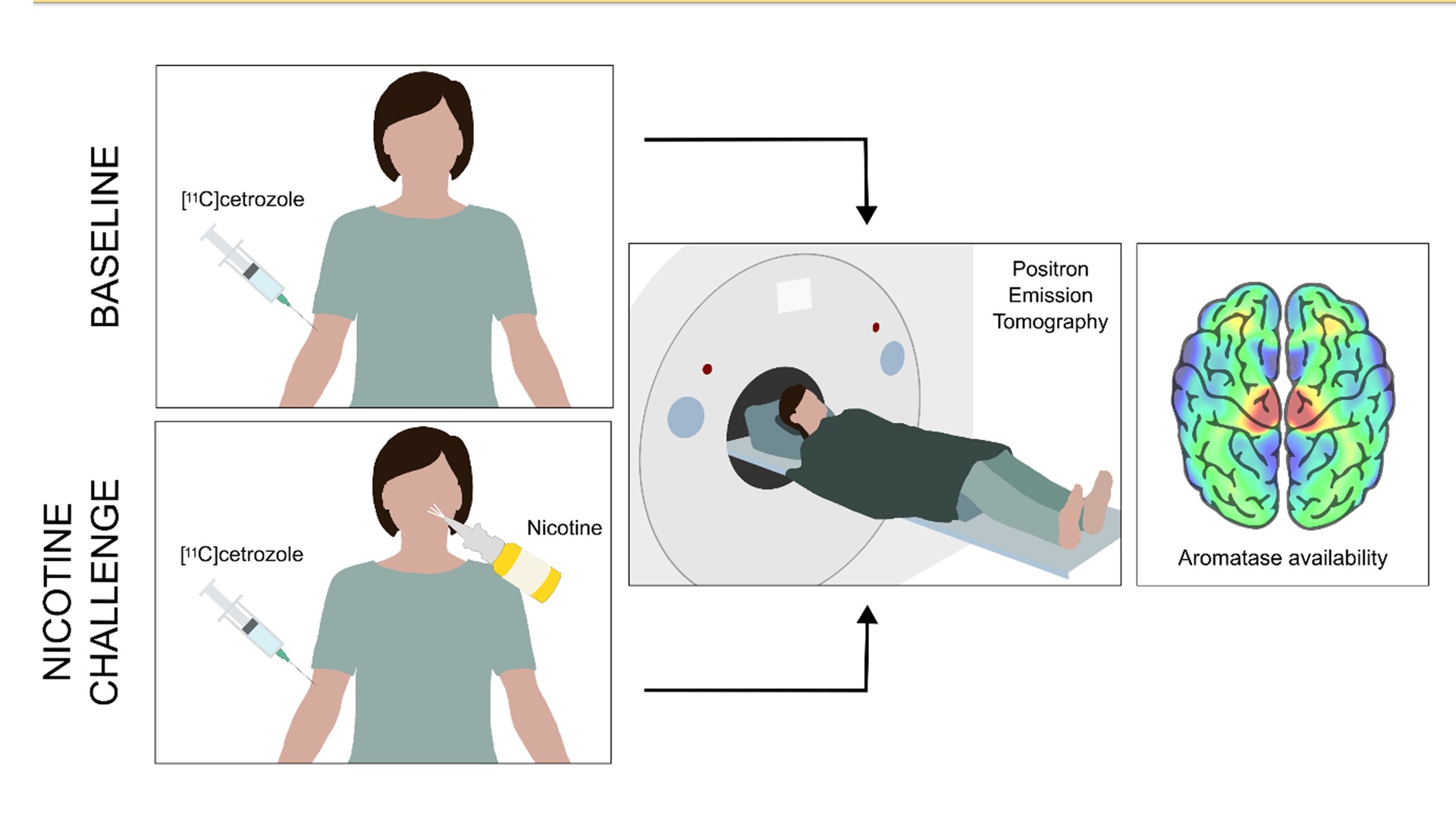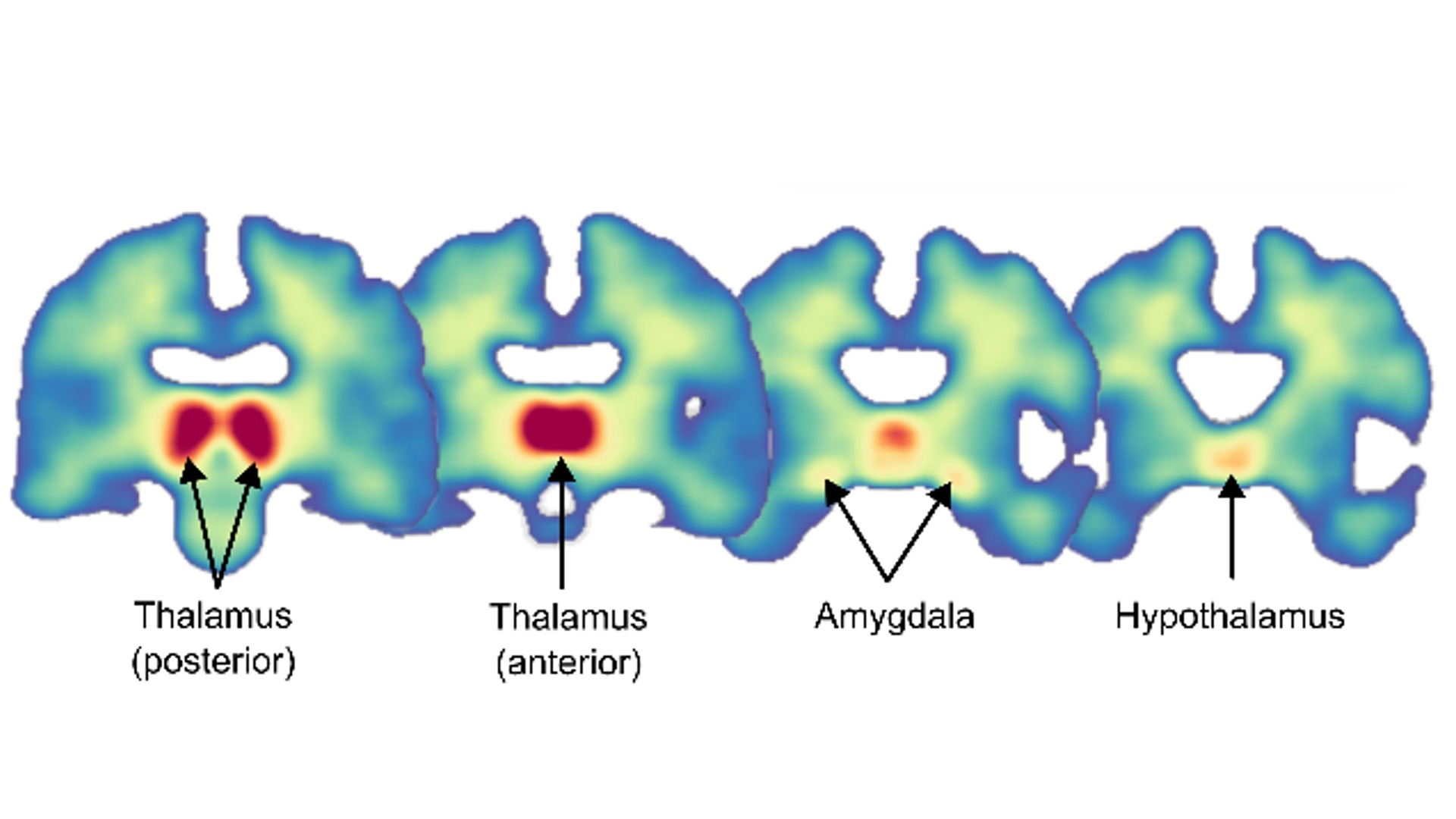Revealing new molecular target of nicotine in the brain
Researcher from SciLifeLab (Uppsala University), have identified a new molecular target of nicotine in the brain of healthy women. Upon administration of the dose of nicotine corresponding to one cigarette, the availability of the enzyme responsible for the synthesis of estrogen in the brain was reduced.
It is well known that there are differences in the way males and females react to smoking. Females show greater vulnerability for heritability of smoking, they experience more relapses, they seem to be more resistant to nicotine replacement therapy, and are at greater risk of developing primary smoking-related diseases, such as heart attacks and lung cancer. Within the framework of personalized medicine, sex-specific treatments in the field of addiction to nicotine is an emerging field of research. It is therefore important to understand if nicotine´s effects on sex-specific systems are involved in any of these differences.
SciLifeLab researchers from Uppsala University studied a group of ten healthy females. The women received a commercially available dose of nicotine intranasally, and at the same time were injected with a radioactive tracer labelling a molecule which binds to the enzyme aromatase: aromatase, also known as estrogen synthase, is the enzyme responsible for the synthesis of estrogen. Brain scans using magnetic resonance imaging and positron emission tomography enabled the researchers to visualise both the quantity of aromatase, and where it was located in the brain.
The results, published in Comprehensive Psychiatry, show that a single dose of nicotine moderately reduced the availability of aromatase in the human brain in vivo, especially in the area where the highest level of aromatase binding is found, i.e., the thalamus. In line, levels of the metabolite cotinine were negatively associated with aromatase availability in the brain. It has been known for some time that females and males respond differently to nicotine. However, the biological basis for these differences is not understood.
“This is the first time that this inhibitory effect on aromatase has been shown in humans”, says last author and SciLifeLab Fellow Erika Comasco. “These findings lead us to believe that nicotine’s effect on estrogen production potentially has a notable impact on the brain, but perhaps also on other functions, such as the reproductive system – we need to investigate this further. This is a relatively small sample of females and we need experimental assessments to expand these findings. Remarkably, the message is that nicotine has multiple effects on the brain, including on the production of sex hormones such as estrogen”, she continues.






